How We Work
- Home
- How We Work
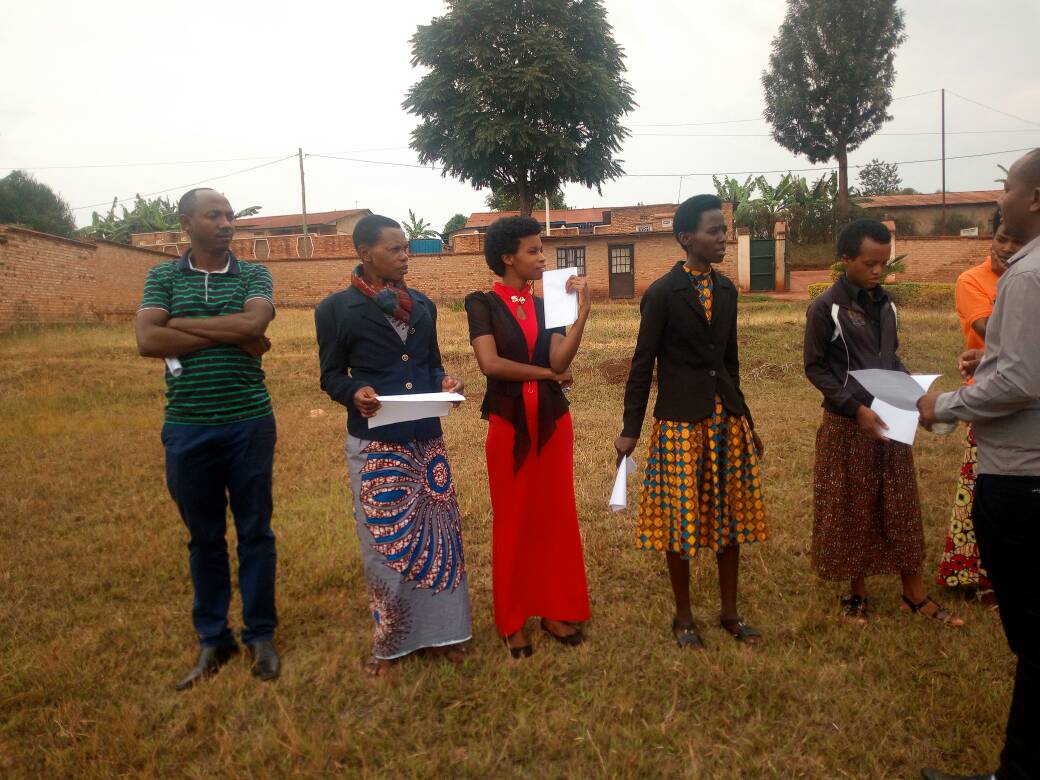
PTSD PROGRAM
Million Lives develops, recruits, and trains health care workers and lay counselors to provide meaningful psychosocial support to survivors of genocide and their
families.
GOAT GIFTING
Goats have played a role in Rwandan societies for centuries. They can serve as a means of income and food for families. Goat milk has nutritional qualities similar to cow’s milk. For that reason, many families give goat milk to their children to fight childhood malnutrition. Families can also utilize goat manure as a biofuel and fertilizer. With this in mind, Million Lives has begun gifting goats to survivors of the Rwandan genocide to provide them with nutritional, financial and emotional support.
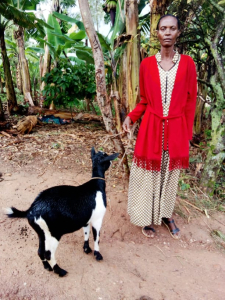
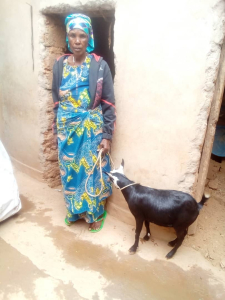
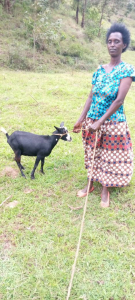
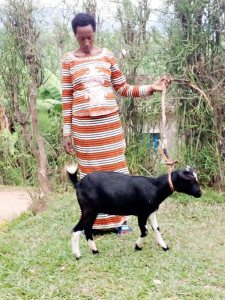
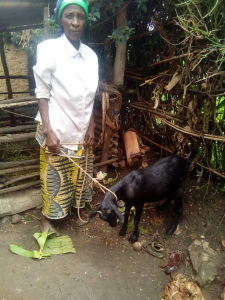
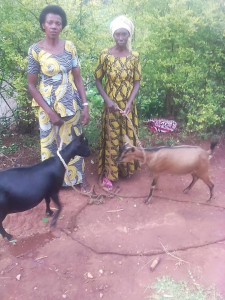
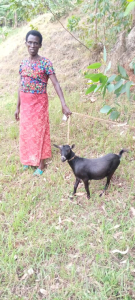
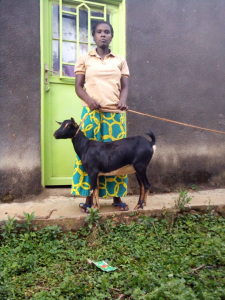
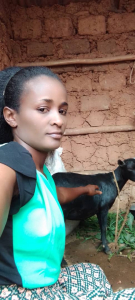
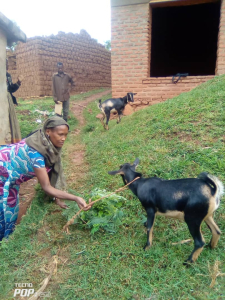
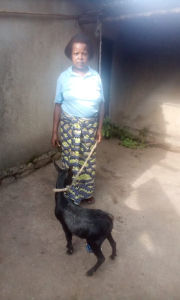
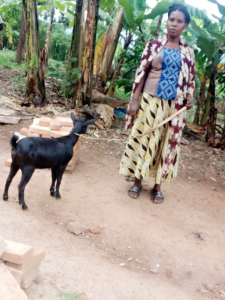
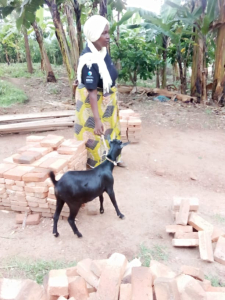
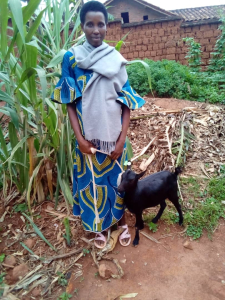
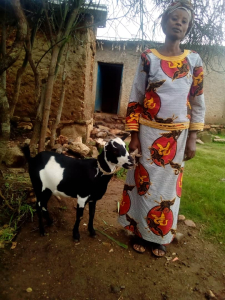

BASKETRY PROGRAM
Weaving baskets in Rwanda is more than just a way to put food on the table; it also helps pay for medical bills and tuition fees. In Rwandan culture, women gather in large groups to weave together. Unfortunately, many survivors of the Genocide live alone and have no one to talk to, which can contribute to their depression and loneliness. This highlights the importance of community support and mental health services for survivors.